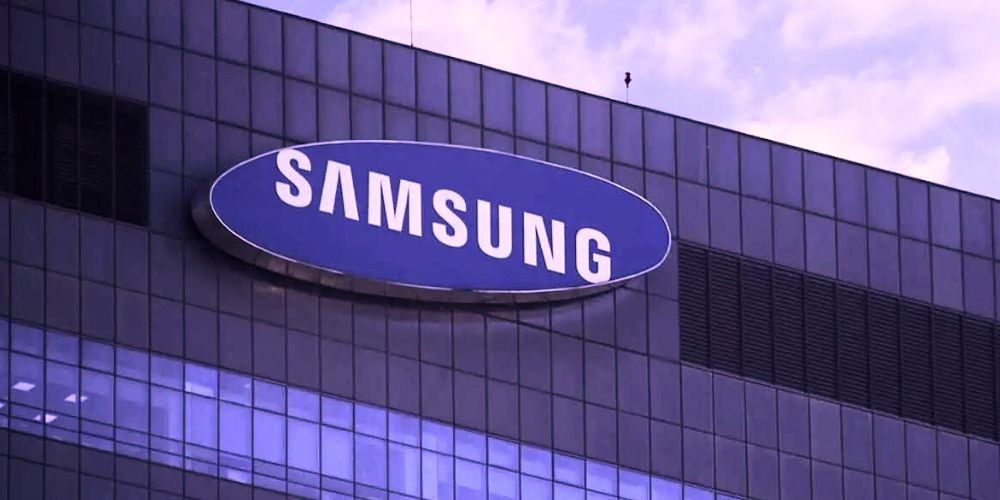Key Points:
- Samsung is expected to report a 13-fold increase in Q2 profit, reaching 8.8 trillion won.
- The chip division is projected to post an operating profit of 4.6 trillion won, recovering from a loss of 4.36 trillion last year.
- Prices for DRAM and NAND Flash chips have significantly increased, driven by AI demand.
- Operating profit for Samsung’s mobile division is expected to decrease due to higher costs.
Samsung Electronics (005930.KS) is projected to report a 13-fold increase in second-quarter profit compared to last year, driven by surging demand for artificial intelligence (AI) technology that has bolstered memory chip prices. According to an LSEG SmartEstimate based on insights from 27 analysts, the world’s largest producer of memory chips, smartphones, and TVs is expected to post an operating profit of 8.8 trillion won ($6.34 billion) for the quarter ending June 30. It marks Samsung’s highest profit since the third quarter of 2022, a significant jump from the 670 billion won recorded in Q2 of the previous year.
Samsung’s semiconductor division, a crucial company segment, is anticipated to continue improving with its second consecutive quarterly profit. This recovery is attributed to a rise in memory chip prices following a prolonged slump from mid-2022 to late-2023, linked to weakened post-pandemic demand for tech gadgets.
The rebound in the memory chip market is fueled by explosive demand for high-end DRAM chips, particularly high bandwidth memory (HBM) chips used in AI chipsets and chips utilized in data center servers and AI-powered devices. Analysts highlight this surge as a key factor underpinning the broader recovery of the chip industry. TrendForce data indicates that during Q2, prices for DRAM chips used in tech devices rose by 13% to 18%, while NAND Flash chips used for data storage saw a 15% to 20% price increase.
The estimated operating profit for Samsung’s chip division in Q2 is around 4.6 trillion won, based on an average of 10 analysts’ forecasts. This starkly contrasts with the 4.36 trillion won loss reported in the same period last year.
However, Samsung’s mobile business is expected to see a decline in Q2 operating profit despite maintaining similar smartphone shipment volumes. Analysts attribute this to increased component costs and higher expenses for marketing and developing AI services. The mobile division is projected to report an operating profit of approximately 2.2 trillion won, down from 3.04 trillion a year ago.
Looking ahead, Samsung is set to compete with Apple (AAPL.O) at the premium end of the market with the upcoming launch of its latest flagship foldable phones and mobile accessories, including a new health-monitoring ring, scheduled for July 10 in Paris.




